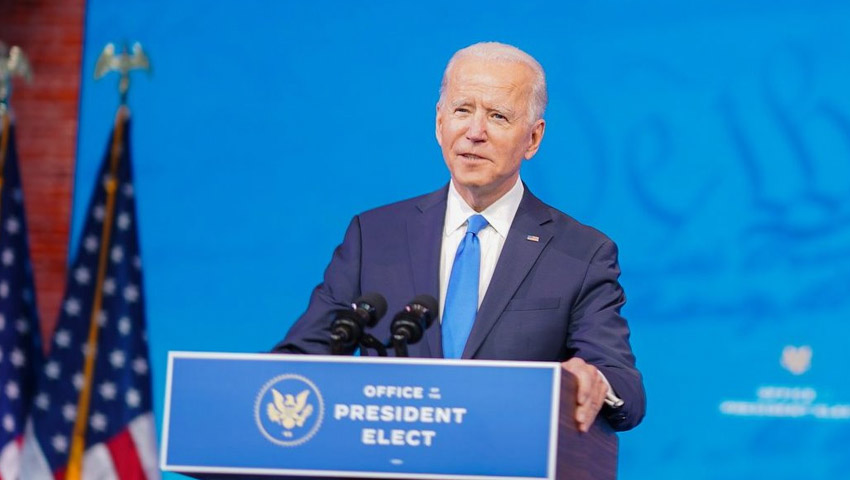Georgetown academics Michael Green and Evan Medeiros examine what the new administration needs to do to regain credibility in the region.
To continue reading the rest of this article, please log in.
Create free account to get unlimited news articles and more!
The Indo-Pacific is the new cornerstone of international geopolitical strategy. Rising economies, new trade agreements, and the relative decline of US stature on the world stage has resulted in the deterioration of America’s soft power in the region. Will the Biden administration be able to claw back its flagging power in the Indo-Pacific?
This was examined by Georgetown academics Michael Green and Evan Medeiros in Foreign Affairs last month, where the duo grappled with the question: is it really possible for the new Biden administration to set the stage for a US comeback, and how can they achieve this?
“The Biden administration will need a bold and farsighted strategy if it is to restore confidence in US competence and staying power in the Indo-Pacific,” the pair noted
America will need an audacious move, the duo argue. Utilising historical examples of previous administrations as models of how the US first created a foothold into the region, such as the campaign in the Pacific, the Doolittle air raid through to cornering the Soviet fleet – an equally daring move will be needed to recreate goodwill and reliance on the US.
Regardless of how daring their move is, there are four foundational points that the US must address to maintain their position: economic, infrastructure, alliances and defence.
Economics
Regarding the economy, Green and Medeiros express that the removal of the US from the TPP has forfeited much of the economic power it had within the region, and that it will continue to cede more the longer that it sits outside the modified partnership. However, re-joining the TPP would stoke political furore for Biden in the homeland. In lieu of the TPP, the US should undertake a campaign to amplify the importance of privacy, intellectual property rights among other US economic principles to win the values-war with the burgeoning middle classes in the Indo-Pacific. Winning this values-war will provide the US with a strong ideological foothold in the region.
Infrastructure
Concerning nation-building, the US has neither the population nor the available capital to compete in this arena. However, the US does possess a strong R&D sector as well as thorough bureaucratic frameworks for project development, providing them with a competitive advantage in overseeing the execution of high quality projects. The pair recommend that this can be achieved by undertaking international infrastructure conferences, and provide incentives for participation.
Alliances
The US and the European Union share many similar concerns about the Indo-Pacific. As such, the US and the EU should undertake joint initiatives in the region such as technological investment and dispute resolution in order to continue building dialogue with the local populace.
Defence
Finally, the Georgetown academics argue that the US needs to wield their competitive advantage – their defence force. The US must continue to focus on strengthening regional bases while supporting regional allies to build their intelligence and defence capabilities. This is a simple and effective way for the US to rebuild reliance and good will within the region.
Green and Medeiros outlined that while the Unites States’ decline in influence has increased sharply, that the Biden administration still has the opportunity to reclaim it. The Biden administration must look at executing an audacious move while maintaining the four key cornerstones of US foreign strategy above in order to develop the good will that the US once had.
Get involved with the discussion and let us know your thoughts on Australia's future role and position in the Indo-Pacific region and what you would like to see from Australia's political leaders in terms of partisan and bipartisan agenda setting in the comments section below, or get in touch with
Liam Garman
Editor – Defence and Security, Momentum Media

 Login
Login








